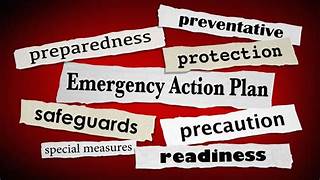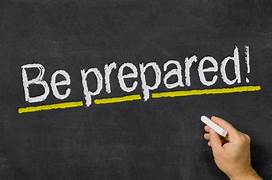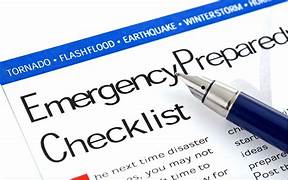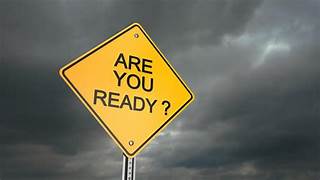
Many of us know important things about our home, but maybe not as well as we should. For instance, what if there was a fire. Would you know how to get out of the house if the front door was engulfed in flames?

Do you have those most important documents in a safe, fireproof place? Are they in your home or at a bank or law office?
These are usually the first types of things that come to mind when we think of emergencies in the home, but there are so many other things that we should be not only aware of but also know beyond a shadow of doubt how to use them or what steps are needed to take to be safe.
Brie Reed talks about tips for protecting yourself in simple ways for a fire, flood, mold, and biohazard in her Podcast with me. She talks about knowing where the water/oil/gas shut off are in or around your home, the utility box for electricity, dryer vents on the outside of your home and other items to know where they are in the event of an unfortunate home event.
Taking care to keep these things free from clutter is important. Reviewing where they are on a regular basis can train our brain to know how to handle them in the case of an emergency. You don’t want to be searching for water main shut off is when water is quickly filling your home because the hot water heater blew up!
Knowing what your homeowner’s insurance company emergency phone number is and what your policy number is. If your home is engulfed in flames, you don’t want to be frantically trying to remember who your agent is.


Check your basement or crawl space at least once a month. Water can slowly seep in and create mold or even a hot water heater or furnace can start as a small leak and could be repaired before major damage occurs.
Clean any dryer vents regularly as well. Lint build up can cause fires to start. Some security companies have sensors to detect water near your boiler, hot water heater and washing machine. Alarms can be sent directly to your phone in most cases.
Vet your contractors when you do work on your home. Be sure they have a good reputation and that they have all the licenses required to do the work in your town or city.
To hear the whole story, listen to the podcast I did with Brie here https://advantagestoaging.com/now-how-do-we-clean-that-up/
Sign up here to get updates for new posts!
More Recent Posts:
Supporting Sustainable Choices – The Environmental Impact of Plant-Based Supplements
In a world where processed foods and synthetic supplements dominate the market, it's important to consider more...
Achieving Goals Before Year-End and Setting New Goals for the Coming Year: A Roadmap to Success
As the year draws to a close, it's natural to reflect on our accomplishments and set new aspirations for the coming...
Setting Yourself Up for Success During the Holidays: Strategies for a Stress-Free and Joyful Season
The holiday season is a time of celebration, joy, and quality time with loved ones. However, it can also bring about...



